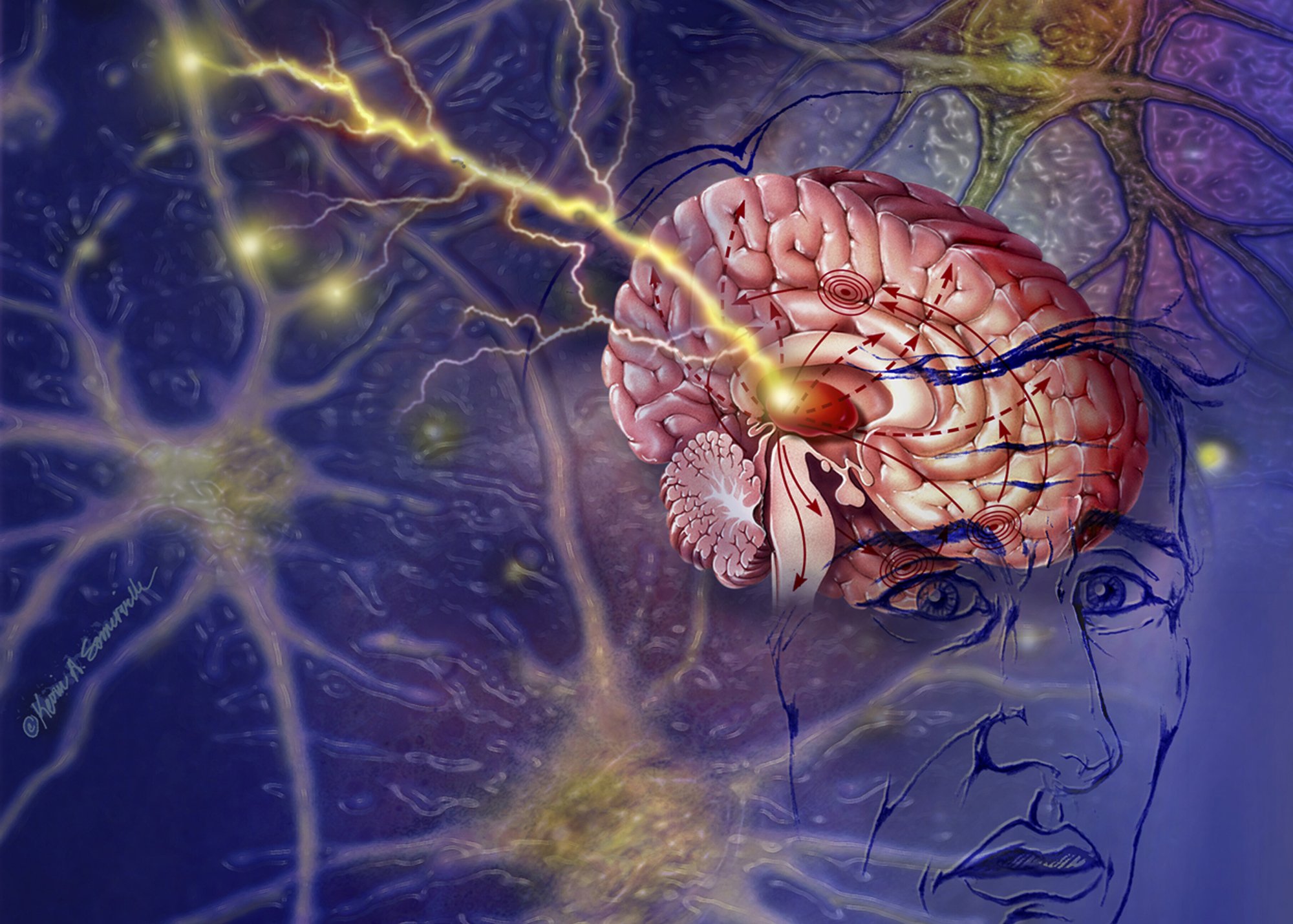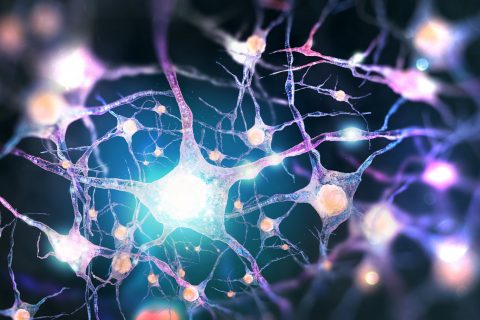After a stroke, not only impaired speech, mobility and cognitive functions are possible, but also the development of epilepsy. Physicians and patients should be aware of this risk and closely monitor for subtle symptoms, the authors of the new study say.
To assess the likelihood of epilepsy after a stroke, neurologists at the Institute of Clinical Medicine at Aarhus University analyzed data from 88,000 Danes who had had a stroke between 2004 and 2016. The results of the study were presented at the Annual Meeting of the American Epilepsy Society (AES), reports Medscape.
neurologists at the Institute of Clinical Medicine at Aarhus University analyzed data from 88,000 Danes who had had a stroke between 2004 and 2016. The results of the study were presented at the Annual Meeting of the American Epilepsy Society (AES), reports Medscape.
None of the patients had previously been diagnosed with epilepsy. The average age of study participants was 69.8 years, half of them were men. Most of the patients suffered an ischemic stroke, all the rest had a transient ischemic attack and a hemorrhagic stroke.
The researchers assessed the cumulative incidence of epilepsy in the cohort during the first four years and classified patients according to the severity of their stroke. During this period, epilepsy was detected in 3.4 thousand patients. The highest risk of developing this disease was within a year after a severe hemorrhagic stroke – 9.8%. For those who suffered this condition relatively easily, the probability was almost half as much (5.1%). After a severe ischemic stroke, the risk of developing epilepsy was 7.8%, after a mild one – 1.3%.

It is noteworthy that in subsequent years, the likelihood of developing epilepsy decreased in all groups, but did not disappear completely. So, with severe hematomas, the risk of this disease was 2.3% even after four years.
“I was surprised that even after four years there is still significant risk. Most previous studies have described the onset of post-stroke epilepsy mostly within the first two years,” said lead author Madds Ebbesen.
Although the researchers did not explore the biological mechanism of this relationship as part of this study, they hypothesized that stroke scarring could cause abnormal electrical activity in the brain https://en.wikipedia.org/wiki/Brain.
“This study is especially important for physicians. They should be aware of the high likelihood of seizures after a stroke and should advise at-risk patients and their families to closely monitor for subtle episodes of unusual sensations or behavior, ”the scientists say.



